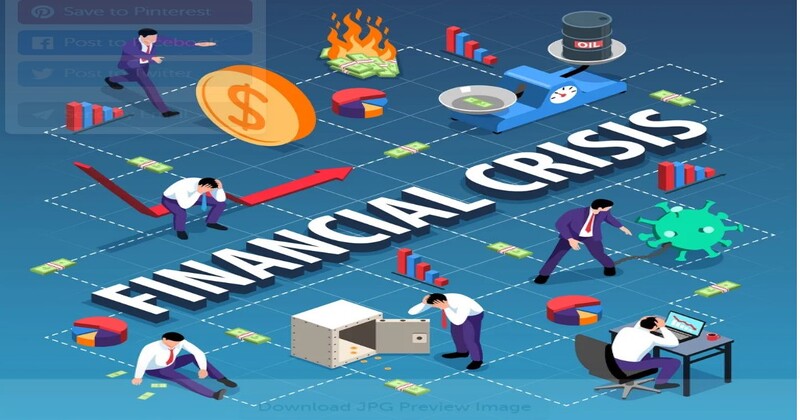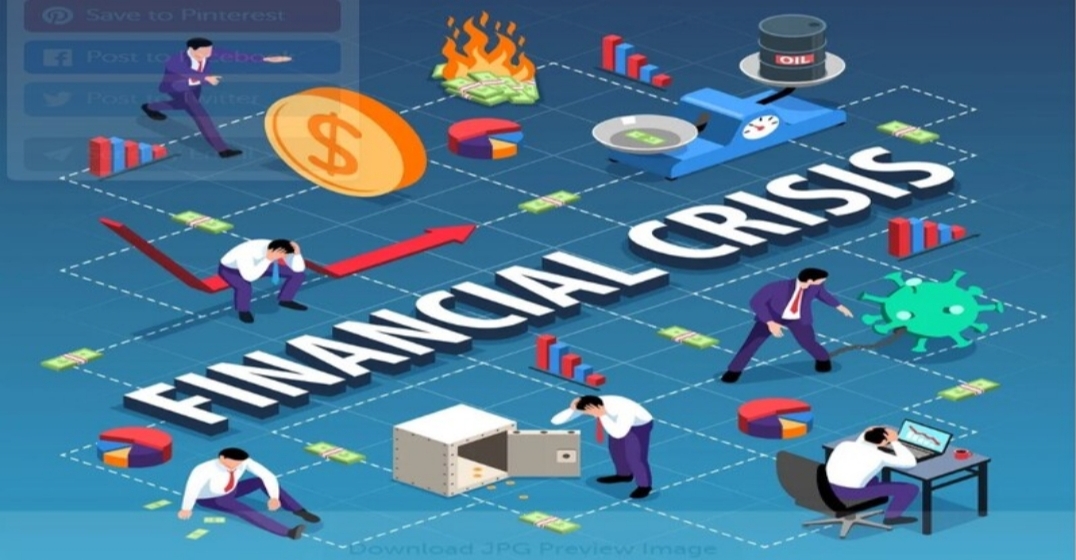The question of the Kerala government’s financial crisis is a complex one with multiple contributing factors. Here’s a summary of some key points:

Possible Reasons:
- High Revenue Deficit: Kerala’s revenue expenditure consistently exceeds its revenue income, leading to a high revenue deficit. This means the government spends more than it earns, requiring borrowing to bridge the gap.
- Rising Public Debt: The state’s debt burden has been steadily rising over the years, making it harder to manage interest payments and borrow further. This limits its ability to invest in infrastructure and social welfare programs.
- Limited Economic Growth: Kerala’s economic growth has been slower than the national average, leading to lower tax revenues. Dependence on remittances from abroad also makes it vulnerable to external economic shocks.
- High Welfare Spending: Kerala has a strong commitment to social welfare programs, which are crucial for its high human development indicators. However, maintaining these programs puts pressure on the already strained budget.
- Inefficient Expenditure Management: Critics argue that the government’s spending patterns are inefficient, with leakages and wasteful practices contributing to the financial crunch.
- Centre-State Relations: The state government blames the central government for reducing its share of central taxes and restricting its borrowing limits, making it harder to manage its finances. The central government, however, accuses the state of mismanagement and poor financial planning.
It’s important to note:
- The reasons for the crisis are complex and there’s no single answer. The claims of both the state and central governments need to be critically examined.
- The financial situation has serious implications for Kerala’s development and social welfare programs.
- Finding a solution requires addressing the root causes, including improving revenue generation, managing expenditures efficiently, and finding sustainable ways to finance welfare programs.
Further Exploration:
- For a deeper understanding, explore articles and reports from various sources, including:
- Remember, critical thinking and evaluating information from diverse perspectives are crucial for forming an informed opinion.


